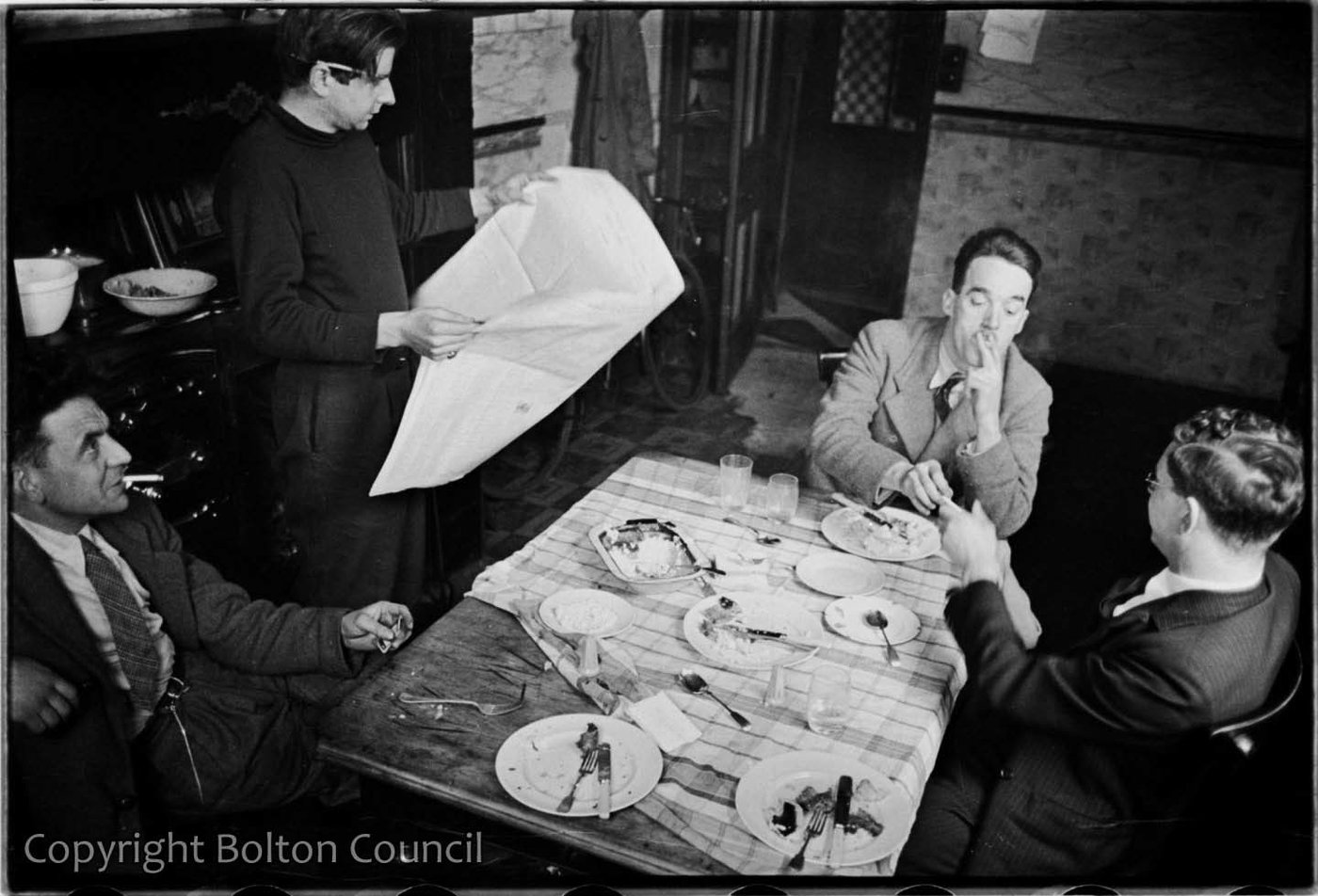 Learning to be an Outsider: On the Rise of Social Scientific Self-Awareness in Interwar America and Britain
Learning to be an Outsider: On the Rise of Social Scientific Self-Awareness in Interwar America and Britain
Ole Münch
+44 020 7309 2018 o.muench@ghil.ac.uk
Contemporary society, so a common narrative holds, is shaped by an educated ‘new middle class’ (Reckwitz) that values autonomy, self-expression, and personal uniqueness. The emergence of this class in the 1960s and 1970s was fuelled in part by the academic ‘cultural turn’, which shifted attention to everyday life, identity, and subjective experience. Yet the roots of this turn reach back to the interwar years—not only intellectually but also socially, as I will show. Professional social knowledge had already begun to influence how people perceived themselves beyond the traditional educated elite.
In my project, I focus on two social research movements which anticipated the cultural turn: the Chicago School of Sociology (1915–1935) and Mass Observation, an organization founded by British sociological amateurs in 1937. Both displayed notable parallels. Each adopted an ‘ethnographic’ approach to social research, aiming to uncover their subjects’ own point of view. This was novel at the time, and my project traces this entangled development of interest. Moreover, both types of research gained popularity beyond academia, reaching students, readers, and voluntary study participants—many from the expanding ‘white-collar’ middle class. While appropriating academic social knowledge, these actors also learned to cast themselves in a new light, creating self-narratives that lie at the core of my project.
Comparing such narratives from Britain and the US, I explore how they were shaped by differing national contexts, intellectual traditions, and writing practices. Yet they also reveal striking similarities: middle-class individuals frequently used academic social knowledge to cast themselves as societal outsiders, albeit of different types. Finally, I consider what these interwar subjectivities can tell us about processes of ‘individualization’, value change and the rise of the ‘new middle class’.
Image from boltonworktown.co.uk, Copyright Bolton Council, Image ref. 1993.83.19.09